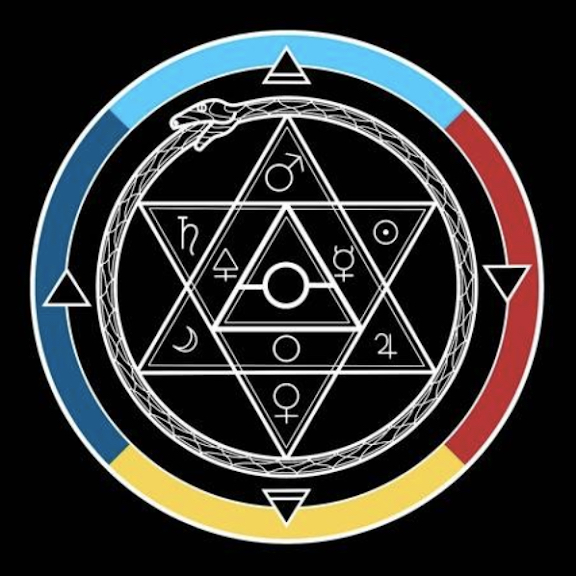Depth Psychology and a New Ethic/Chapter 2 - The Old Ethic/The Old Ethic - Perfection
The scope of what we describe as 'the old ethic' is actually very wide. It comprises the most variegated human ideals and includes a whole gamut of degrees of perfection. But in every case it involves an assertion of the absolute character of certain values which are represented by this old ethic as moral 'oughts'.
The ideal prototype at the center of the old ethic may be the figure of the Saint or the Wise Man, the Noble or the Good, the Devout, or the Orthodox Fulfiller of the Law, the Hero or the Man of Self-Control; the good which can be known is represented as an absolute value.
This value may be regarded as a law which can be revealed or immanent, as an intuited idea or as the behest of reason, but it is always a codifiable and transmittable value which governs human conduct in a 'universal' manner. e.g: The Torah, Bible, Quran, Pali Canon.
It is always held that the ideal of perfection can and ought to be realised by the elimination of those qualities which are incompatible with this perfection. The 'denial of the negative', its forcible and systematic exclusion, is a basic feature of this ethic.
However variable its dominant symbols may be, the moral formation of the personality is in every case only made possible by the conscious tendency of one-sidedness and by insistence on the absolute character of the ethical value. It excludes the 'other side', or the opposite and negative aspect of the value via suppression, or repression.
Suppression
Discipline and asceticism are the best-known forms assumed by this technique. As an example, denying satisfaction to the needs of the body and of sexuality, by the faithful fuliffer of the Law to exclude all tendencies contrary to that law. This is usually practiced by devout adherents; Ascetics, Anchorites, Monks, Celibate Priests, etc.
Suppression is a conscious achievement of the ego, and it is usually practiced and cultivated in a systematic way.
Consequences
It is important to notice that in suppression a sacrifice is made which leads to suffering. This suffering is accepted, and for that reason the rejected contents and components of the personality still retain their connection with the ego. As examples: One ought to suppress their homosexual emotions and behavior. Women ought to be obedient to their husbands. One ought to be celibate before marriage.
It is true that a moral veto which requires the suppression of a given type of instinctive reaction denies satisfaction to that instinct; at the same time, however, the suppressed instinctive reaction still continues to play an important part in the view of the life held by the ego-consciousness that suppresses it.
Repression
This form may be regarded as the instrument most frequently used by the old ethic to secure the imposition of its values. In repression, the excluded content loses touch with the ego-consciousness, and becomes unconscious or forgotten. The ego is entirely unaware of their existence. As depth psychology has shown, these constants lead an active underground life of their own culminating in the Shadow (the Id in the Freudian school), with disastrous results for both the individual and the collective.
Consequences
The complexes of the unconscious which have been shut away from daylight by repression undermine and destroy the world of consciousness. The uncleanness and tangled obscurity of the situation which arises as a result of repression has effects which are actually far more dangerous than those of asceticism, with its clear conscious attitude of suppression.
Conscience
The authority by whose aid the (old) ethic imposed its behests on the individual is 'conscience', and this authority is an antithetical relationship to the 'inner Voice', which is the individual expression of psychic truth. Freud called conscience (the Super-ego) 'social anxiety' because it is to a considerable extent shaped by the taboos and social standards of the predominant culture, and ethics of the collective. In other words the time and place shape the conscience. Conscience is the inculcated ethic of the society, and 'wronging' this ethic creates anxiety from fear of alienation from the collective group, family, friends, God-image, etc.
